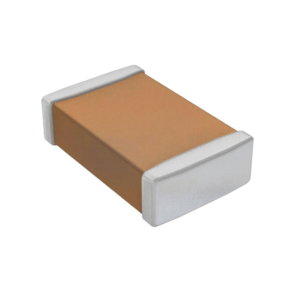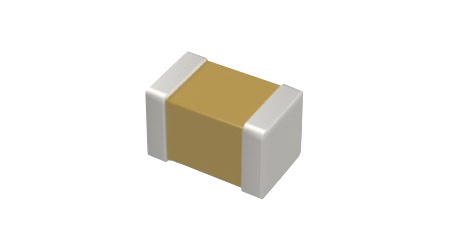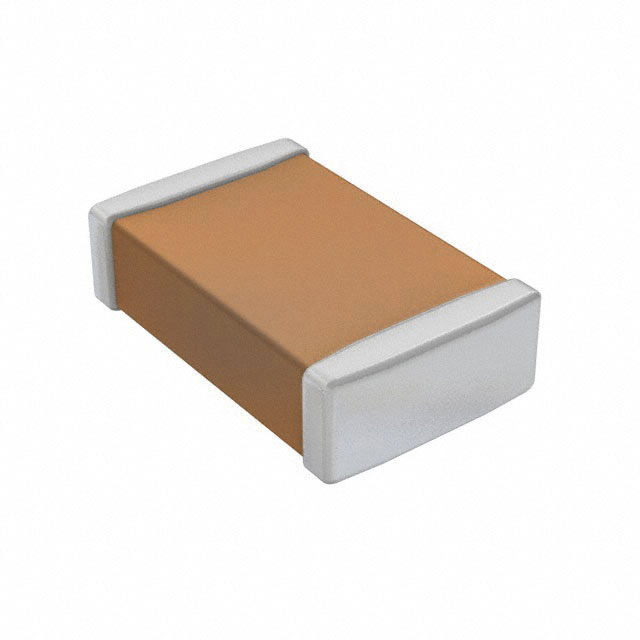Showing 1–12 of 65 results
Automotive Ceramic Capacitors (MLCC)
Introduce
Automotive Ceramic Capacitors, also known as MLCCs (Multilayer Ceramic Capacitors), are essential components in the automotive industry, playing a crucial role in various electronic systems within vehicles. These capacitors are designed to meet the demanding requirements of the automotive environment, offering high reliability, temperature stability, and performance.
The applications of MLCC for automotive
MLCCs (Multilayer Ceramic Capacitors) are essential components in various parts of automotive electronics due to their compact size, high capacitance values, and reliability. Some key areas where MLCCs are used in automotive applications include:

Engine Control Units (ECUs):
MLCCs are used in ECUs to filter and decouple power supply lines, ensuring stable voltage levels for the electronic control systems that manage the engine’s operation.
Infotainment Systems:
MLCCs are used in infotainment systems for signal coupling, filtering, and timing applications, ensuring accurate and reliable performance of audio and video components.
Safety Systems:
MLCCs are used in safety systems such as airbag control modules, anti-lock braking systems (ABS), and stability control systems. They help ensure the reliable operation of these critical safety components.
Powertrain Control Modules:
MLCCs are used in powertrain control modules for controlling and monitoring the engine, transmission, and other powertrain components.
Body Control Modules:
MLCCs are used in body control modules for controlling various electrical functions in the vehicle, such as lighting, windows, and door locks.
Climate Control Systems:
MLCCs are used in climate control systems for controlling the heating, ventilation, and air conditioning (HVAC) system, ensuring comfortable cabin temperatures.
Advanced Driver Assistance Systems (ADAS):
MLCCs are used in ADAS for processing sensor data and controlling various safety features, such as adaptive cruise control, lane departure warning, and automatic emergency braking.
Electric Vehicle (EV) and Hybrid Electric Vehicle (HEV) Systems:
MLCCs are used in EV and HEV systems for energy storage, power conversion, and control, helping to improve efficiency and performance.
Key features of Automotive MLCCs include:
High Reliability: Designed to withstand the harsh conditions of the automotive environment, including temperature extremes, vibrations, and humidity.
Temperature Stability: Automotive MLCCs maintain their performance over a wide temperature range, ensuring consistent operation in all driving conditions.
High Capacitance: Despite their small size, Automotive MLCCs offer high capacitance values, making them suitable for applications that require large amounts of energy storage.
EMI Suppression: Automotive MLCCs help suppress electromagnetic interference (EMI), ensuring that electronic systems in vehicles operate without interference.
Long Lifespan: With their durable construction, Automotive MLCCs have a long lifespan, contributing to the reliability and longevity of automotive electronics.
Overall, Automotive Ceramic Capacitors (MLCCs) are essential components that contribute to the performance, reliability, and safety of modern vehicles, making them a vital part of the automotive industry.


